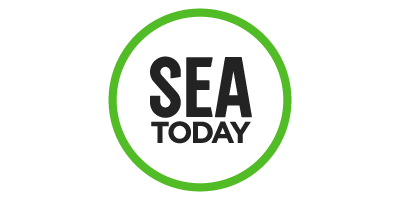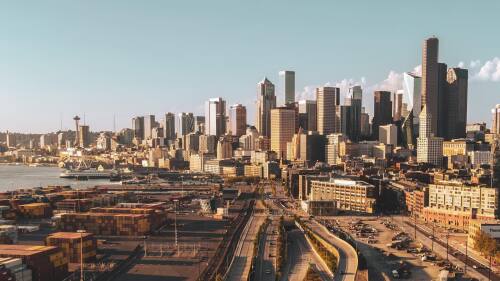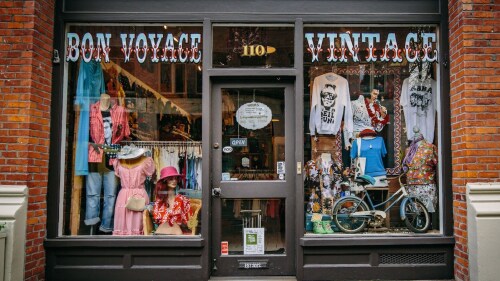If you’re like us and want to live less cluttered (and more green) in 2023, you’re probably emptying junk drawers and cleaning out closets — and wondering what to do with your unwanted items. Before heading to the trash can with old t-shirts or burnt-out holiday lights, take the sustainable approach: reuse or recycle what you’re tossing with Ridwell.
Seattle-grown company Ridwell specializes in keeping materials out of landfills by picking up hard-to-recycle items in neighborhoods throughout Seattle. Read: They come to you, so doing the sustainable thing is easy.
Ridwell started as a father-son project when CEO, Ryan Metzger, and his son, Owen tried to find a way to recycle their batteries in Seattle. After realizing how complicated it was, they made it a weekend project to pick up their neighbors’ batteries along with other hard-to-recycle items. This small project became a recycling carpool that was so popular, it spread across the country.
And the good work is paying off: Since launching in 2018, Ridwell has kept 10+ million pounds of materials out of landfills.
How it works:
- Throughout the week, sort items by core categories, like light bulbs, clothes, and plastic wrap, and put them into the nifty cloth bags Ridwell provides. Once a bag is full, drop it in the Ridwell bin by your front door.
- Every two weeks, Ridwell picks whatever you’ve set out and gets your stuff to partners that can reuse or recycle it.
- In addition to the core categories, Ridwell also picks up a rotating featured category to help members declutter and reduce waste in new ways. Past featured categories have included prescription pill bottles, corks, holiday lights, books, multi-layer plastic food packaging, and more.
- Ridwell also offers add-on pickups like Styrofoam and plastic clamshell containers in many areas.
- Bulky items that don’t fit in the bin can also be picked up for an additional fee.
- Bonus: It’s affordable. The service is $16 per month for three months, $14 per month for six months, and $12 per month for 12 months.
It’s that simple.
Fun fact: Ridwell offers one-of-a-kind transparency to show members where their stuff actually goes. For example, plastic film gets sent to Trex, an innovative company that turns plastic into high-performance decking for homes.
See what Ridwell picks up in your neighborhood.*











